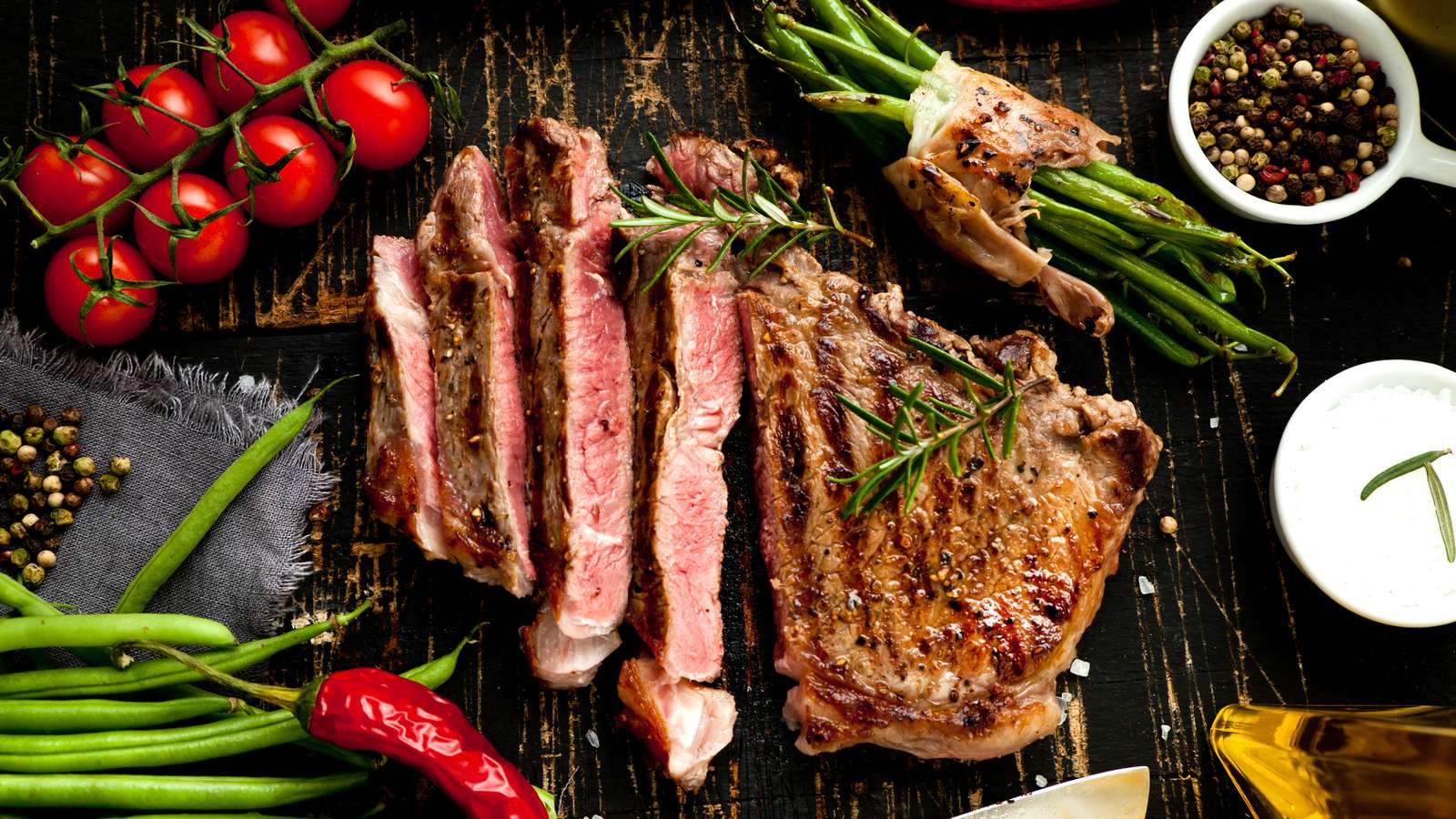Will meat consumption behaviour change after Corona?

Surely no one has to be a convinced vegan to realise that after several meat scandals, things will have to change in the future. Nobody really likes to talk about pigs that never see the light of day, cows in cramped pens and chicks that are gassed. And yet it is obviously time to take a closer look at where the meat that ends up on our plates every day comes from.
Consumers decide and determine the market
With every purchase, consumers have the opportunity to declare war on the conditions of factory farming. Because here, too, demand determines business. Or in other words: if no more products produced in factory farming are bought, at some point they will also no longer be offered (or not to this extent).
If you take a look at the social networks, you will often read the sentence "I only buy my meat from the butcher. There I know where it comes from". Reality shows, however, that it is precisely these statements that distort the truth. The sales generated by factory farming are increasing significantly - apart from a few exceptional years. In 2016, 2017 and 2018, more than 10 million euros were consistently generated.
It remains questionable whether so much importance is really always attached to where the meat comes from.
Employees in the slaughterhouses and their back-breaking job
Apart from the animals, many employees also suffer from the assembly line work. After all, slaughtering and cutting up animals is physically demanding work that is usually rather poorly paid these days.
The result: a low income and loss of health. Most recently, it was the scandals surrounding meat factories in connection with the coronavirus that made society sit up and take notice.
It remains to be seen to what extent rethinking will now take place.
How much meat is "healthy"?
There is hardly any other topic that heats up people's minds as much as the question of how much meat a person can or should eat in order to stay healthy. Many medical studies repeatedly point out that too much meat consumption can promote diseases.
As is often the case, it is important to either find the right balance or prefer a vegetarian diet. People who want to live vegan are advised to have their blood values, especially their B12 level, checked regularly. Otherwise there is a risk of deficiency symptoms. People who live vegetarian should only pay attention to a balanced, varied diet. They already take in the said B12 through the consumption of milk and cheese.
Flexitarianism is a trend that many young people in particular are currently embracing. Flexitarians make sure to eat meat only once in a while - for example once a week. Their diet is similar to that of our grandparents, who usually could not afford several meat dishes a week.
After dietary behaviour has already changed massively for many in the course of the 1980s in the wake of the environmental movements, it is now quite possible that the year 2020 will not also prove to be a corresponding turning point. No one has to become a vegan to make a small contribution.
Sometimes it is enough to dare to take a look behind the scenes - in this case behind the slaughterhouse walls - in order to rethink (at least a little).
Another exciting contribution: Sweating adé - sex tips for the summer
Keine Kommentare vorhanden